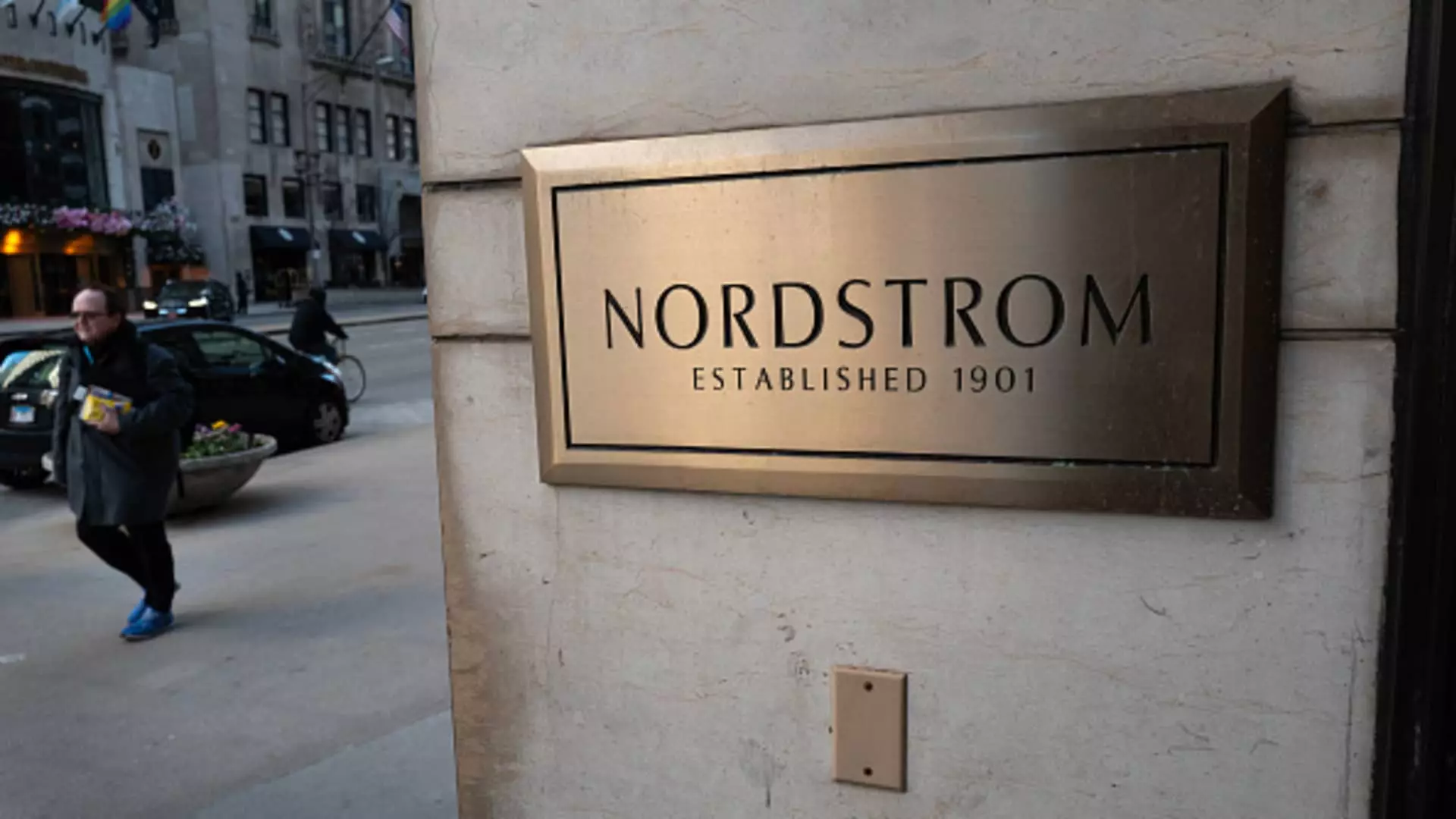On Monday, Nordstrom announced a significant transformation as it prepares to become a private entity, following a substantial buyout deal valued at approximately $6.25 billion. This agreement, which involves Nordstrom’s founding family and the Mexican retail conglomerate El Puerto de Liverpool, marks a pivotal moment in the company’s long history. The board of directors has unanimously approved the transaction, with expectations that it will finalize in the first half of 2025. This shift sees the Nordstrom family retaining a majority stake of 50.1%, while El Puerto de Liverpool will hold the remaining 49.9%.
This move represents an attempt to bolster the company’s future as it navigates a highly competitive retail environment. Considered both a retail icon and a symbol of luxury fashion, Nordstrom has faced numerous challenges, particularly in maintaining its market share against growing competition from brands focused on value and affordability. The buyout suggests a concerted effort by the Nordstrom family to regain control of the company and sustain its legacy amidst a rapidly evolving shopping landscape.
Implications for Shareholders and Market Response
According to a press release associated with the announcement, common shareholders will receive $24.25 in cash for each share of Nordstrom stock they own. This move has triggered a mixed response from the market. While the stock price initially fell by about 1% following the announcement, earlier in the year, shares surged after speculation of a potential take-private initiative surfaced. Nordstrom’s volatile stock performance reflects broader retail trends where consumer preferences are gravitating toward cost-effectiveness, diminishing the appeal of high-priced retail outlets.
Moreover, this isn’t Nordstrom’s first attempt to transition to a private company. A previous effort fell through in 2018, indicating the complexities involved in such high-stakes transactions. The Nordstrom family’s recent offer, which proposed to buy the chain at $23 a share, served as a precursor to the more generous buyout now on the table and raised questions about the retailer’s long-term viability in an increasingly price-conscious market.
Historical Context and Future Challenges
Nordstrom has a rich history, beginning as a shoe store in 1901 before expanding into a versatile department store offering an array of clothing and accessories across over 350 locations. However, as luxury retailers encounter market pressure, Nordstrom’s management has indicated the challenge of navigating an environment where consumers are increasingly selective about their discretionary spending. Recent reports suggest that competitors such as Walmart and Target have noted shifts in consumer behavior, with shoppers prioritizing essentials over luxuries, reflecting a broader economic trend.
Looking ahead, the responsibility of steering Nordstrom through this transition largely falls to the Nordstrom family, who expressed enthusiasm for ensuring the company thrives in its new private format. The retail landscape will continue to evolve, and how effectively Nordstrom adapts to these changes will ultimately determine its success in the coming years. By returning to its roots and reaffirming its commitment to quality customer service, Nordstrom may prove that it can not only survive but thrive in an increasingly challenging marketplace.

